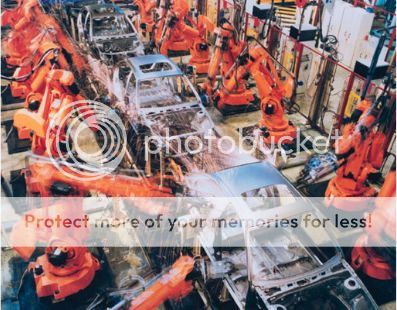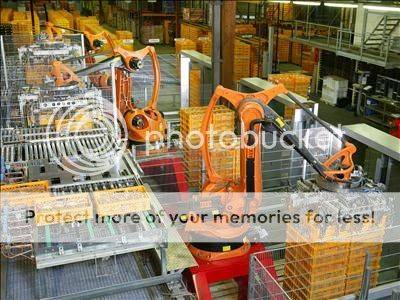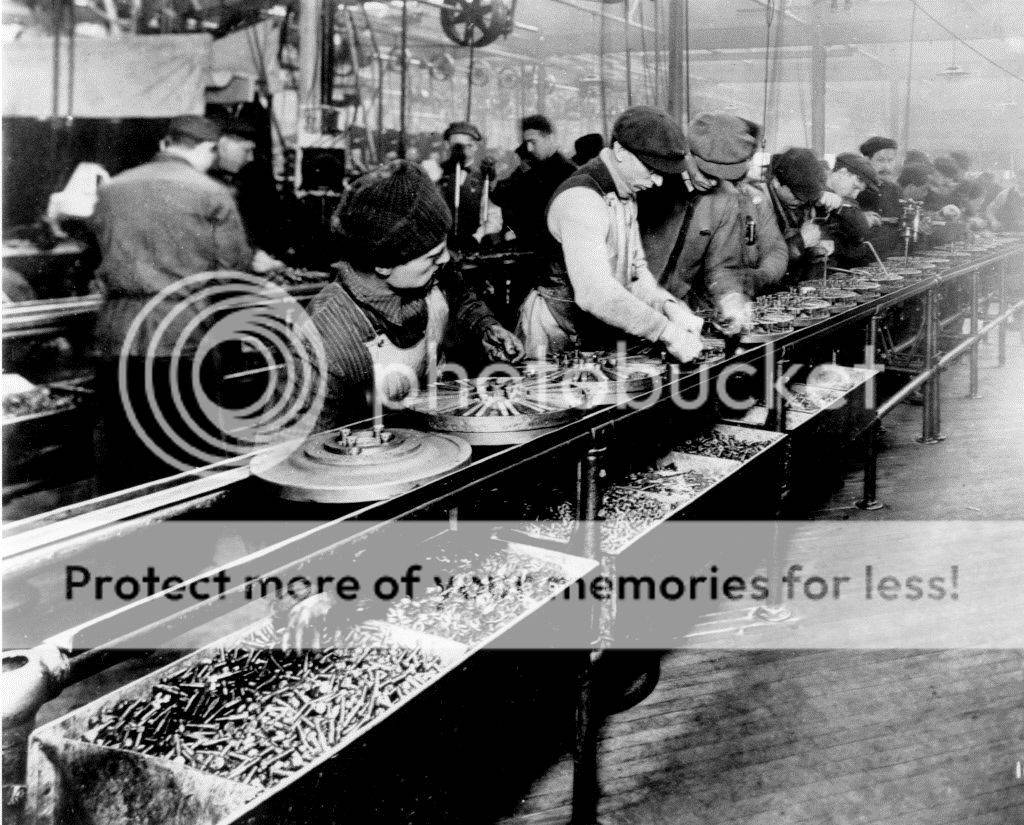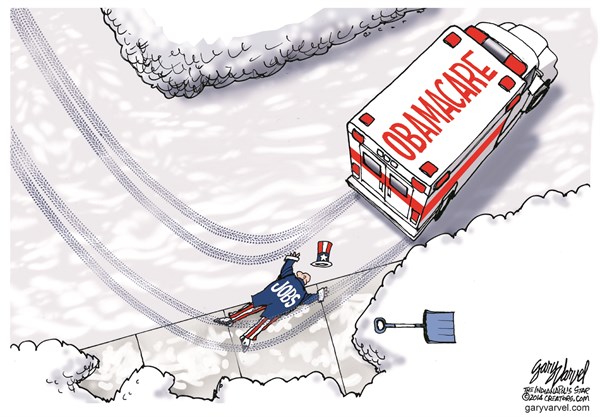Wyatt earp
Diamond Member
- Apr 21, 2012
- 69,975
- 16,383
- 2,180
This thread bugged me all day at work. We have thousand's of job's in the U.S. that can not be filled, no one qualified to fill them, operator's knew this day was coming for 30 year's I am aware of, when they just laughed in the 80's when I was a service tech installing molding machine's and robotics. I said to them don't laugh they are going to take your job's. .. go back to school.






